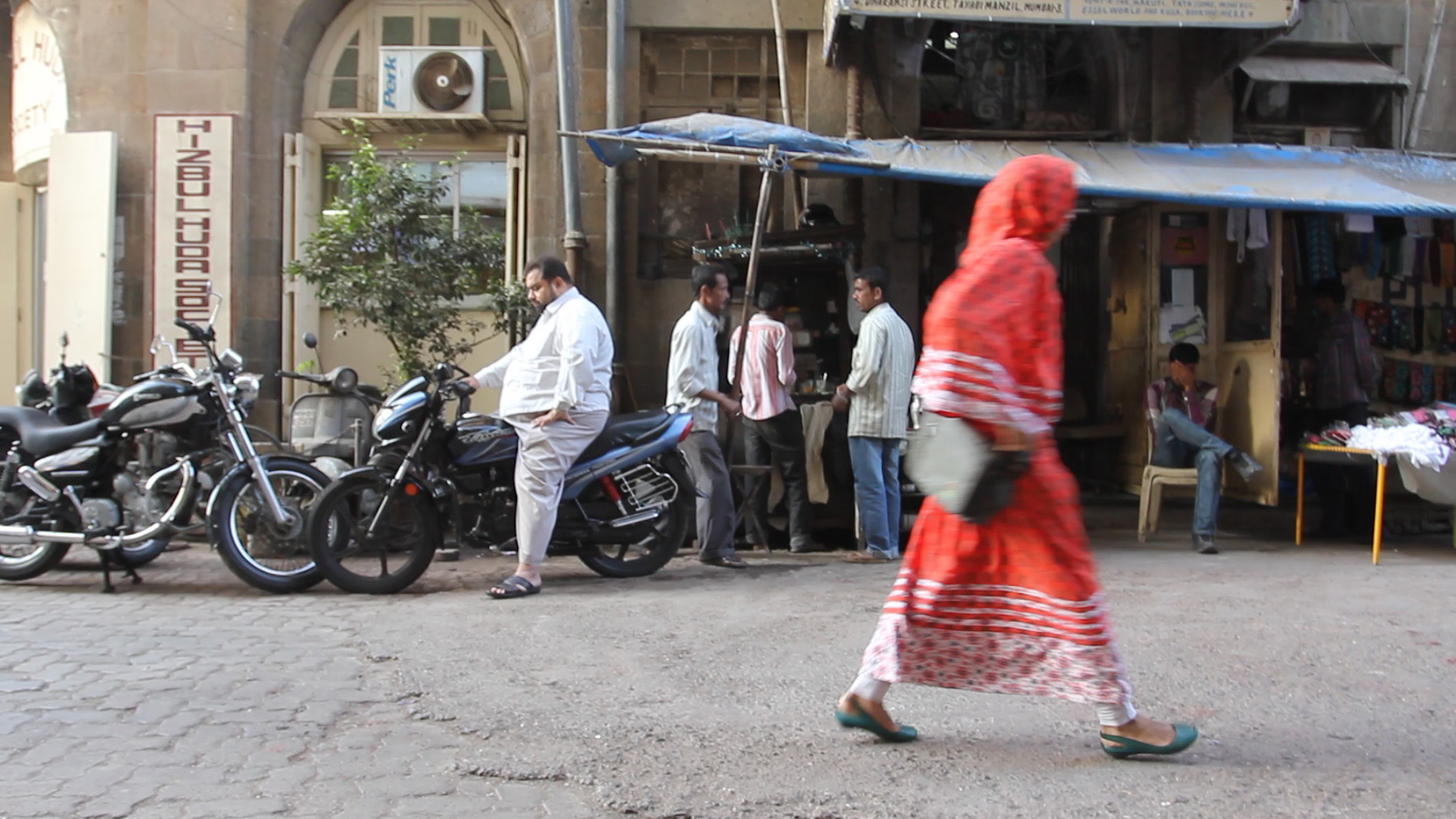By: Anonymous
Country: United States
Age: In her 30s
When the public resolution on khatna (female circumcision) from the Bakersfield Jamaat (community) was released shortly after the Sydney case, an old weight was lifted from me. There. They’ve finally said it. Do not do this.
As I followed the events leading to the trial and prosecution in Sydney, I could only hope an official mandate against khatna would make its way to the U.S. Jamaats and to Bakersfield, where my own khatna was performed. It did. Thanks to the brave whistleblowers in Sydney and the upstanding efforts of the Sahiyo women, we’ve seen the snowball of these resolutions from Dawoodi Bohra communities all over the world.
The victory however, was short-lived for me as I’m sure it was for many others working to educate people about this practice. To no one’s surprise, statements from the central dawaat (clergy), are suggestive of these resolutions being just a way to protect our communities legally—to prevent another Sydney, to prevent another Amil from going to jail, and lessening the impact of these letters.
If you read the resolutions carefully, the focus was never about taking ownership, but to use the state or country of residence as the scapegoat for denouncing the practice. Even worse, our sisters in India and other countries where there are no such laws can still be subject to this practice. We need a resolution not from the Jamaats, but from the head of the community. We do not do this.
—
Following the discovery of my own cutting many years ago, I remember attending a women’s function at home and anonymously submitting a question as to why we practiced khatna. The question was deferred by the M.C. to a doctor in the Jamaat who stood with authority and explained how it was essentially a matter of “cleanliness”—nothing more and nothing less. There was no mention of sex or sexuality at all.
I looked around at all of the women nodding their heads in agreement, some smiling even, so accepting. I was infuriated by her response, knowing otherwise, and wanted to scream at the top of my lungs in protest. I didn’t because I knew it was futile. How could I go up against an official voice and a women’s doctor? How could I blame the participants for their naiveté, many of whom were her trusting patients? For years I have been deeply troubled by this dichotomy.
This was the one and only time that I had ever heard anyone in my community even address this practice aloud. To my knowledge, it was never brought up in a public forum like this again, although by this time my attendance at such functions began to dwindle.
Reflecting back on this particular event and similar others growing up in this community, I am at times in disbelief that we are having this conversation. More, that we are forcing this conversation, and people are listening now. I often felt hopeless that there was little official action that could or would be taken on such an underground practice because so few people were willing to speak up or speak out. Many of my family and friends were unwilling to even talk with me about it in private.
—
Am I confident the Dawoodi Bohras of Bakersfield and the surrounding cities who come to Bakersfield for khatna will abide by the resolution? Unfortunately, no. There are some people who will continue to drive the practice even further underground. The small victory here is that these resolutions by local Jamaats, have created the necessary dialogue for community members to be aware this practice is even taking place, and to give families the option to opt-out in the name of the law.
When my khatna was performed, there was no state law against female genital mutilation and no “opt-out” from the Jamaat. My family had no understanding and no choice–the alternative being unrelenting pressure to perform the cutting or social ostracism.
To the families with young girls in Bakersfield and throughout the U.S. – please listen. This is your chance to end this practice once and for all. A voiceless seven-year old will grow up, and ask the same questions I am asking now. Why did this happen to me? Yes the legal consequences are certainly not worth the risk, but more importantly, the physical and psychological consequences that can result from this trauma are not worth the risk. Stand up, and stand with us.

